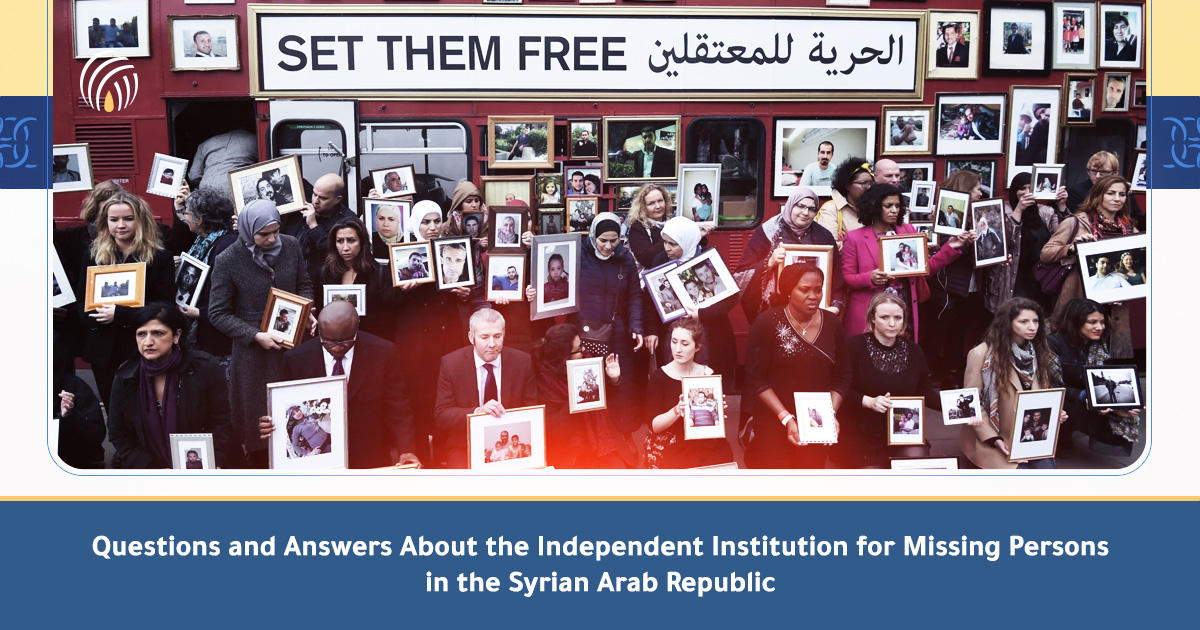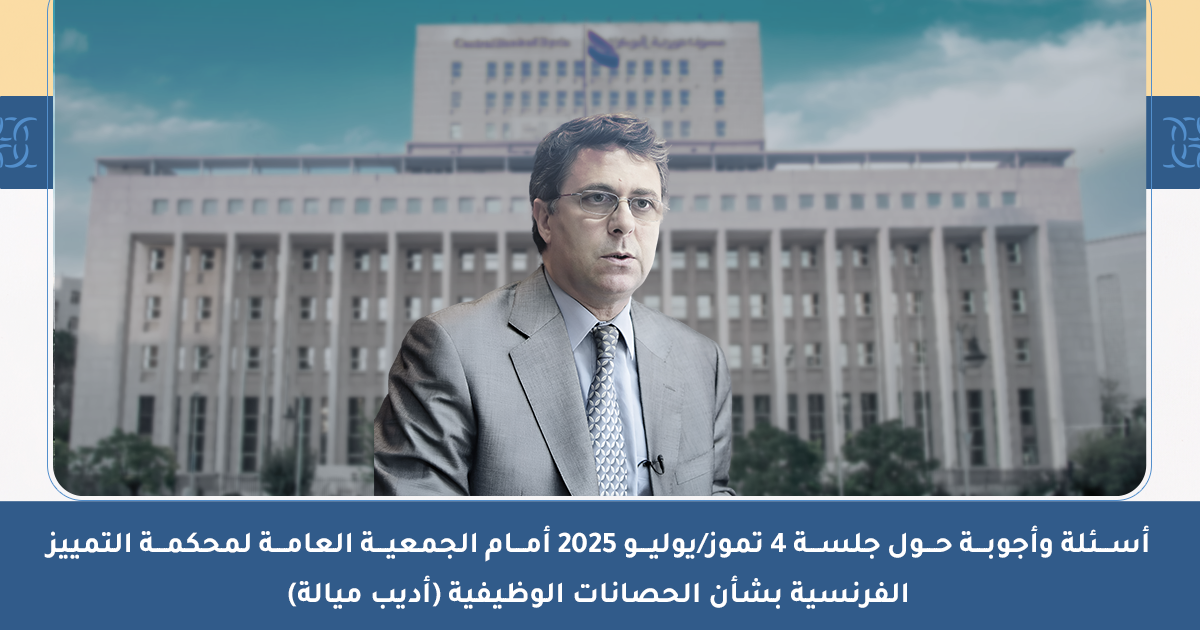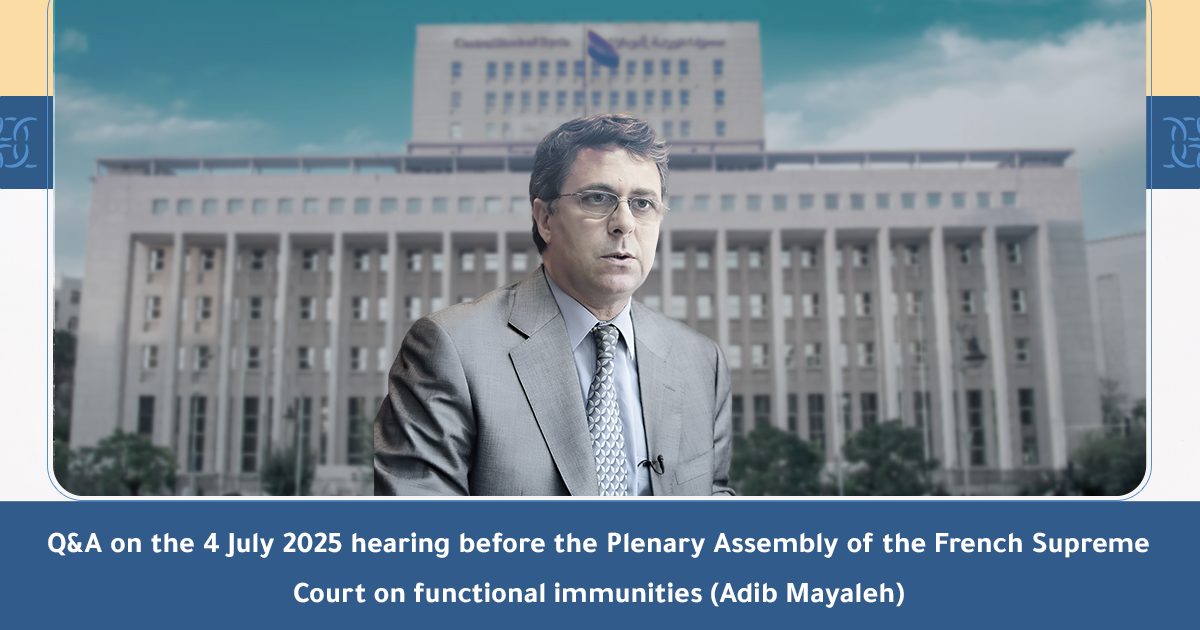What is the definition of “enforced disappearance”?
According to the International Convention for the Protection of All Persons from Enforced Disappearance that was adopted in 2010, enforced disappearance is defined as “the arrest, detention, abduction or any other form of deprivation of liberty by agents of the State or by persons or groups of persons acting with the authorization, support or acquiescence of the State, followed by a refusal to acknowledge the deprivation of liberty or by concealment of the fate or whereabouts of the disappeared person, which place such a person outside the protection of the law.”
Why is enforced disappearance criminalized and what rights does it violate?
Enforced Disappearance is considered a crime against humanity and it violates multiple human rights including:
· Right to security and dignity of person
· Right not to be subjected to torture or other cruel, inhuman or degrading treatment or punishment
· Right to humane conditions of detention
· Right to a legal personality
· Right to a fair trial
· Right to a family life
· Right to life
What is the independent institution concerned with missing persons in Syria? And what is its purpose?
After the passing of a resolution recommending the establishment of an independent institution for missing persons in Syria, in June of this year, the United Nations will establish an institution that contributes to strengthening efforts and procedures to reveal the fate and whereabouts of the missing, identifying human remains, and support the right of families and relatives of the victims to find out the truth after years of absence.
Who are the missing persons covered by the institution?
According to the report of the Secretary-General on which the establishment decision was based, all those who went missing as a result of the conflict in Syria, regardless of their political ideology, place and time of disappearance, gender, religion or nationality.
What is the time needed to reach tangible results from the institution’s work, and should we expect the fate of the missing to be revealed soon after its establishment?
The institution is part of the transitional justice mechanisms that are not expected to achieve tangible results quickly, but it keeps the door open to hope for the return of the missing and the disclosure of their fate. It’s work is considered a long-term strategic work, and it may extend for decades, but it will inevitably reach tangible results that do not allow turning the page on the missing and giving up the right to know their fate, and will keep the families of the victims clinging to the hope of the return of their loved ones, while without it, the tragedy of enforced disappearances in the eighties or other events in the history of Syria and the region is likely to be repeated.
What are the efforts that led to the vote to establish the institution?
The decision came as a result of the great efforts and continuous demands of the victims’ and families’ associations for years. It is considered a historic victory for the efforts of the survivors, the families of the victims and their associations, in addition to the efforts of the Syrian human rights organizations and Syrian civil society organizations.
What is the role that Syrian human rights organizations and victims’ associations can play in the institution in the future?
The victims, through their groups and associations, must have a significant and essential role in the institution in all fields, especially in the supervisory, practical and advisory aspects, as they are the primary goal of establishing such institution and they are the most concerned with the matter. The institution will have to ensure “the full participation and representation of victims, survivors and families of the missing.”






